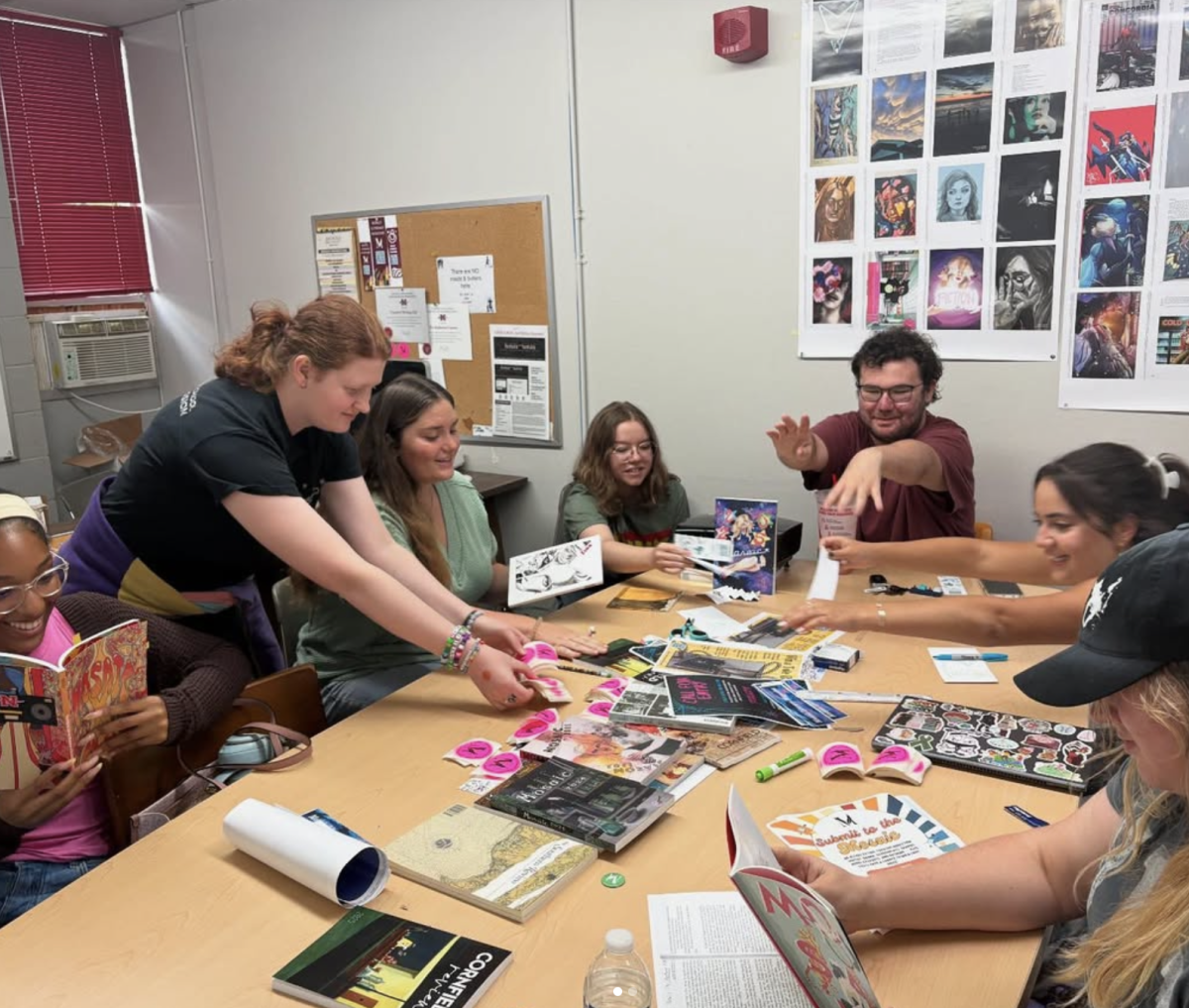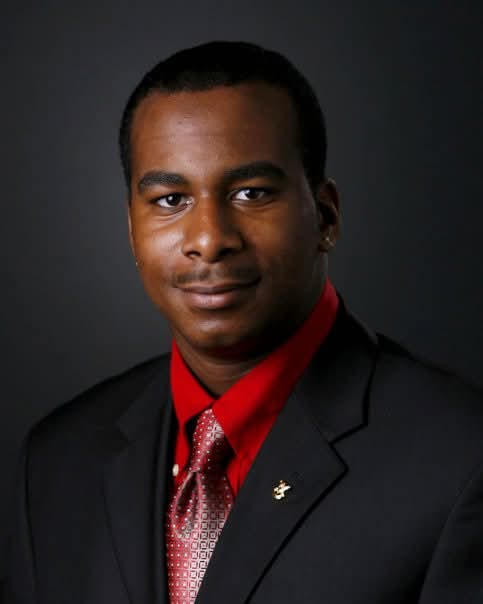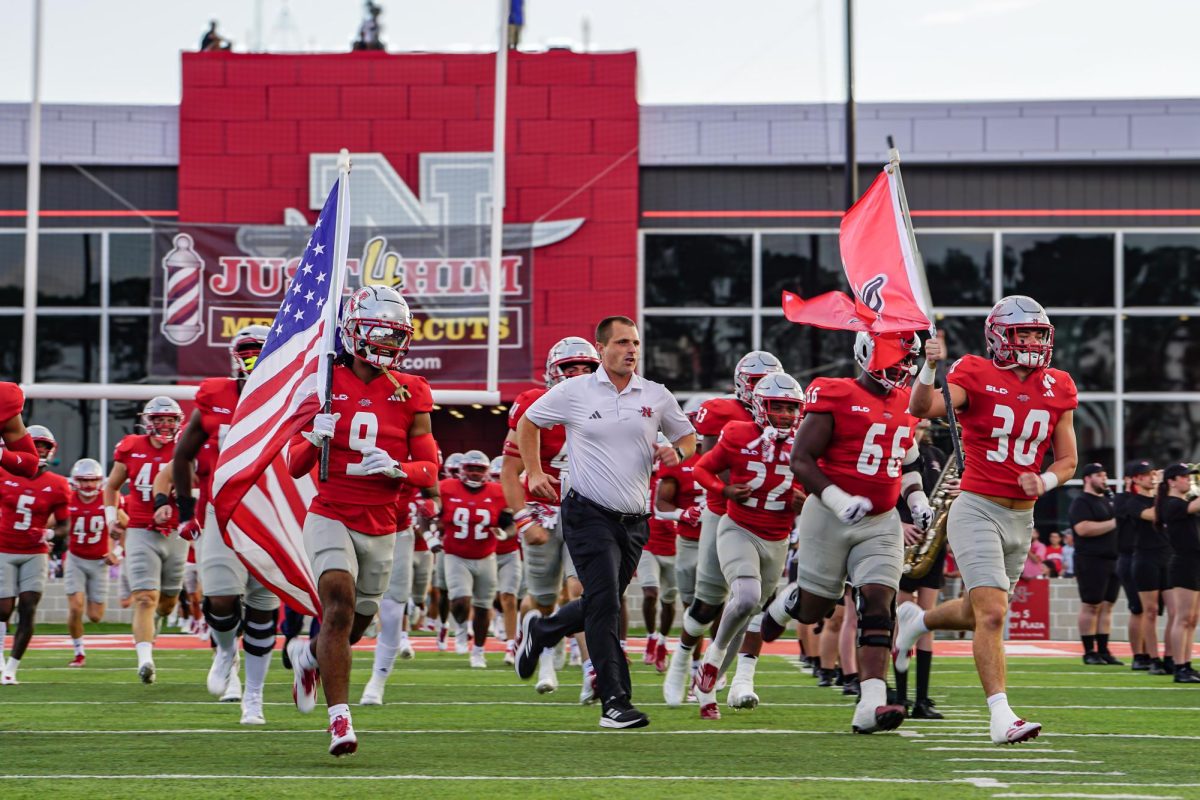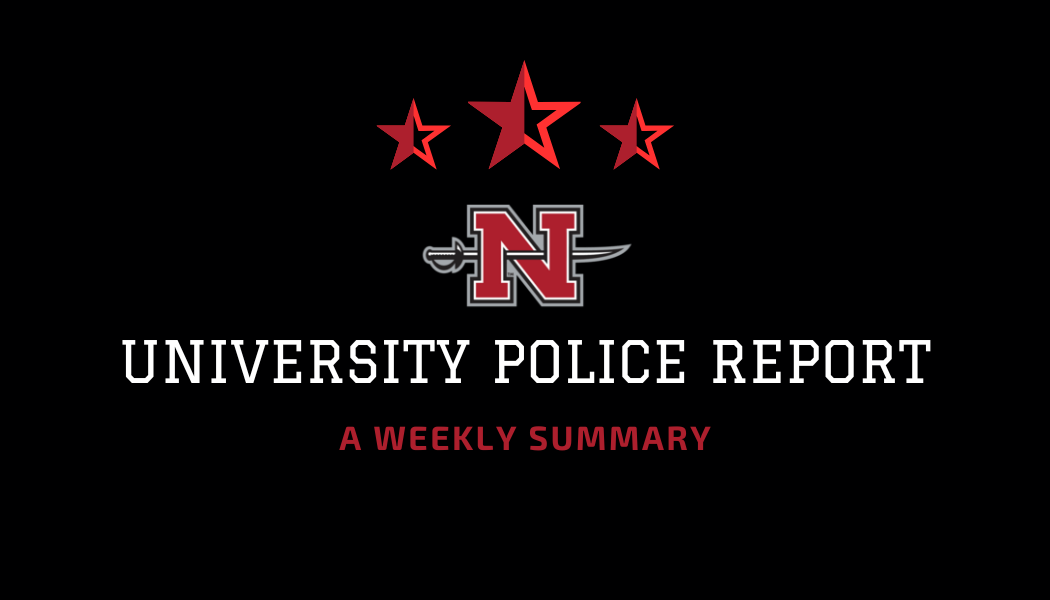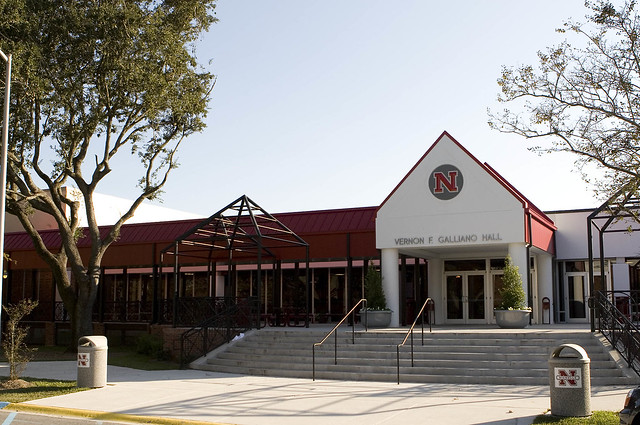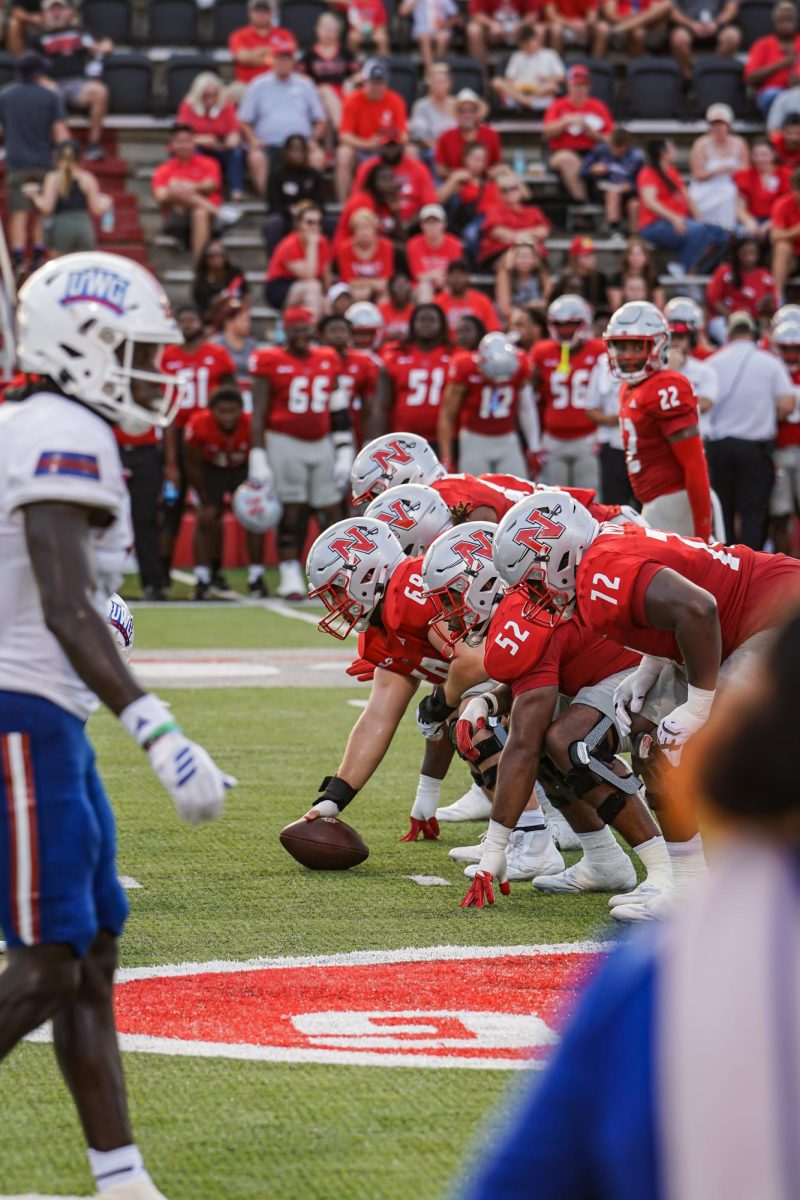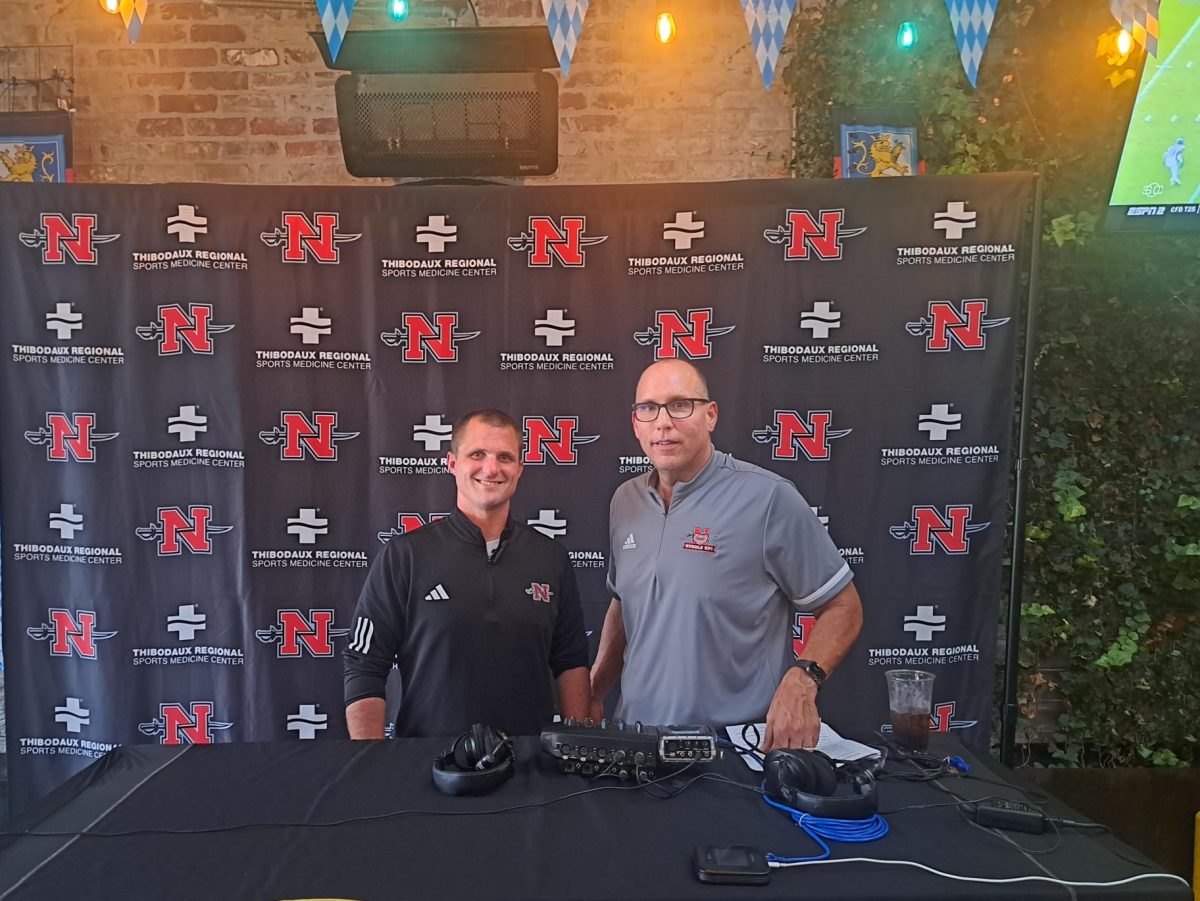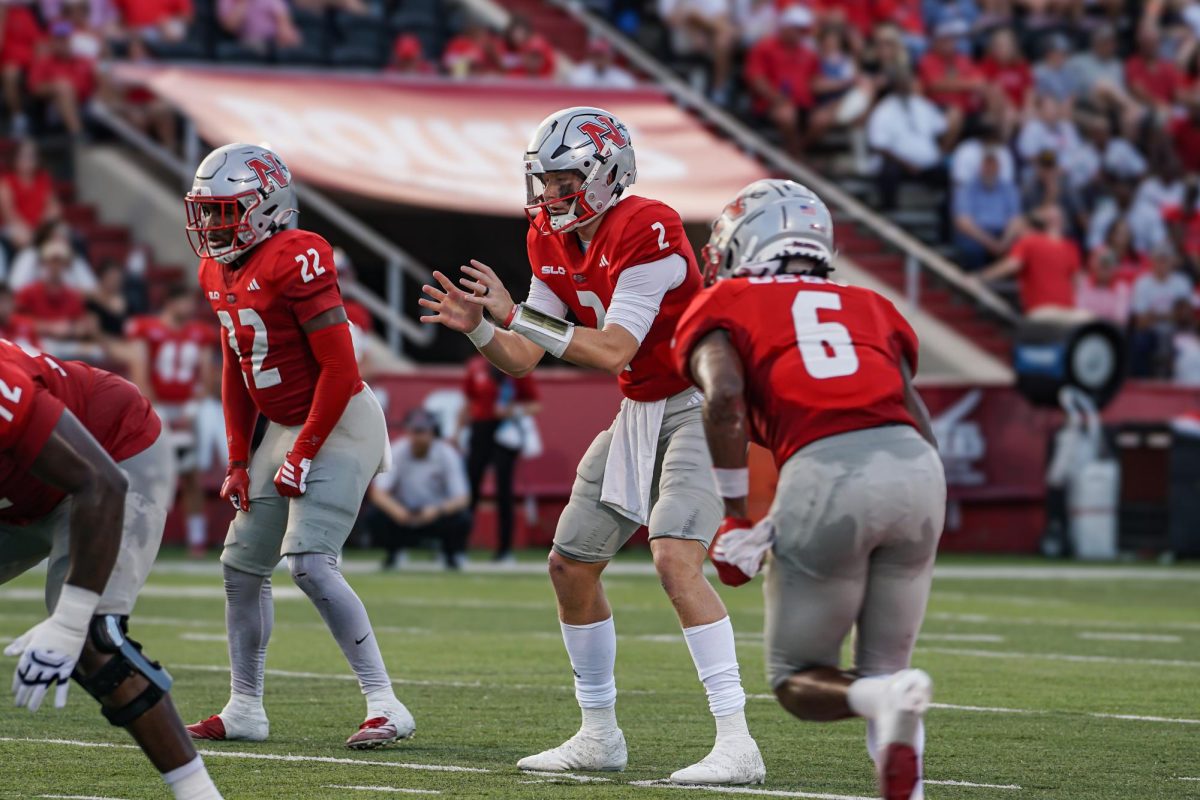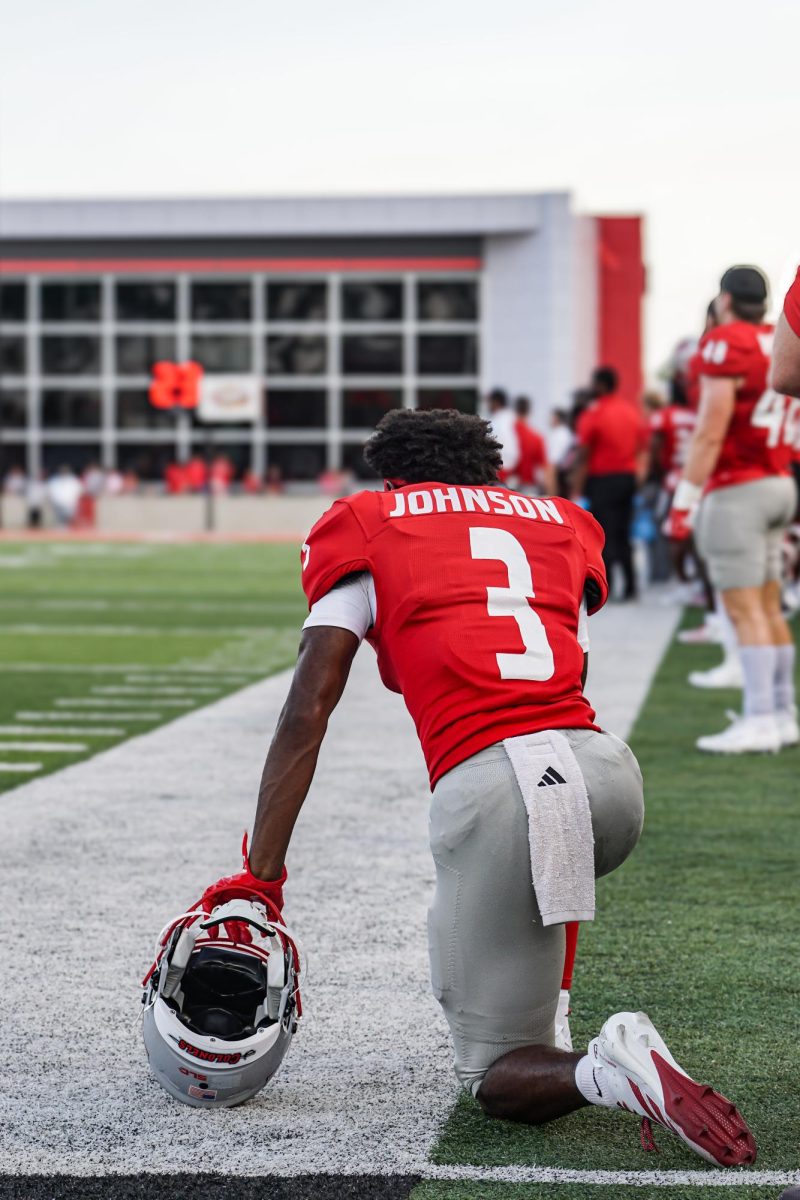The NCAA bans universities, boosters and other affiliates of the school from paying or endorsing student athletes; although it’s banned, athletes and universities are breaking the rules.
The question remains whether or not student athletes should be compensated in the form of paychecks. Some people feel there is a distinct difference between being a student athlete and being a professional.
Math Instructor, Sherill Dupre, said, “I think that the time that they are students and they are in school, they should not be considered professional, and once you are paid, that turns you into a professional.”
Nicholls Defensive Coordinator, Jeremy Atwell, feels if student athletes are paid “you are opening up Pandora’s box because of budget differences between universities. It would monopolize the sport.”
Student athletes may not receive paychecks, but they do receive food and housing which sometimes is covered through scholarships. They also get team gear such as shirts, shorts, pants, hats and other clothing.
Junior football and baseball player, Byron Cobb, said “As athletes we get treated as first class and travel first class.”
Student athletes get the essentials they need to live comfortably. Senior Volleyball player, Brooke Hopper, said, “I don’t think athletes should be paid; the school already pays us to play for them and be part of the university and program. The school shouldn’t have to give us an annual check because they already give us what we need.”
Some people believe that being a student athlete means you have restrictions with your time. Student athletes are not always able to get part-time jobs to earn some spending money. Mass communication student, Lee Harris, feels that athletes should get paychecks because of these limitations.
Greg Greely played football for the Colonels in the 80’s and has returned to pursue a degree. He feels that the scholarships are not the same as they were during his time at Nicholls. “Back in my day, that scholarship helped me out a lot. Now, when someone says a football scholarship, it is not a whole lot of money.”
There have been many cases where athletes have abused the system. NFL Running Back Reggie Bush violated NCAA protocol by accepting gifts illegally, and his 2005 Heisman Trophy was stripped from him. Many of the athletes who have been at the forefront of violations have received negative reactions from certain people. The most recent is Texas A&M Heisman winning Quarterback, Johnny Manziel. He was recently accused for allegedly signing sports memorabilia and then selling it for money.
Atwell said, “I don’t think it is right for the NCAA to come in and say ‘I own your name.’ I own my name. If I can sign a dotted line for a student loan or to buy a car, I should be able to sign my name and sell it.”
Texas A&M and the NCAA came to the conclusion that there was no evidence against Manziel, but that he will be suspended for the first half of Rice in the season opener. He has been in the limelight of controversy this offseason. He tweeted saying he “can’t wait to leave College Station.” He was sent home early from the Manning Passing Academy, and now he is being investigated for receiving compensation for his autograph.
“I think people need to look more at the person instead of the player,” Cobb said. “You have to realize that he is in college, which is where most people will make mistakes and you can grow and learn from them.”
Hopper had a different opinion, saying, “The guidelines the NCAA has in place keeps students honest, or at least try to. I like it that way because everyone knows what they can or can’t do, so it becomes up to them to decide.”
This goes beyond players as some athletic programs have been on the receiving end of sanctions. Most recently, the University of Oregon received scholarship losses due to recruiting violations. In 2010, the University of Southern California was placed on a two-year bowl ban and loss of scholarships.
The death penalty has been ruled out for such violations. The death penalty means no competition in that particular sport for an entire year. Only five programs have received the death penalty: Kentucky Basketball, Southern Methodist University Football, Southwest Louisiana Basketball (now Louisiana-Lafayette), Morehouse College Soccer and MacMurray College Tennis.
Government Instructor David Whitney said, “Some of the NCAA guidelines are really stringent. I worked as a tutor when I was an undergrad for student athletes, and I had to be careful about certain things, like I couldn’t buy them a coke and had to be careful if I wanted to give them a ride back to their dorm. Things like that could be potential violations. The NCAA is somewhat of an authoritarian government set up.”
College athletes: to pay or not to pay?
Michael Hotard
•
August 29, 2013
0
More to Discover


